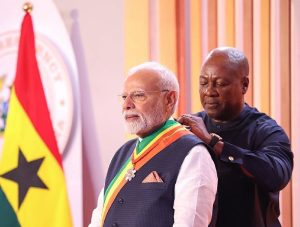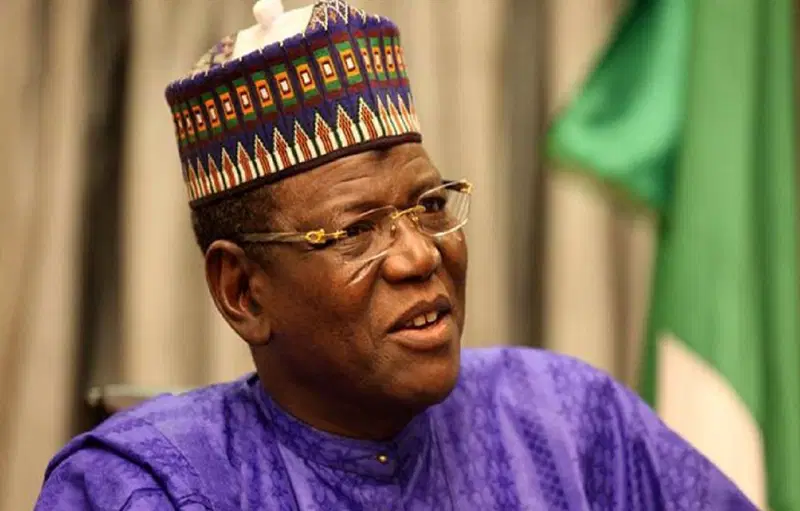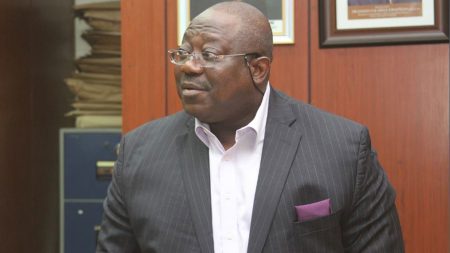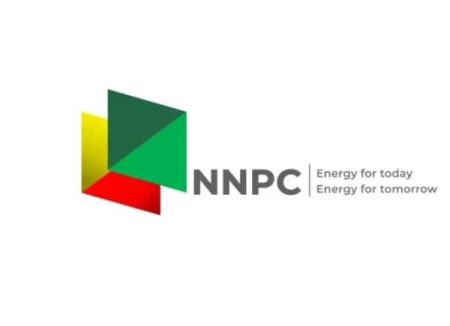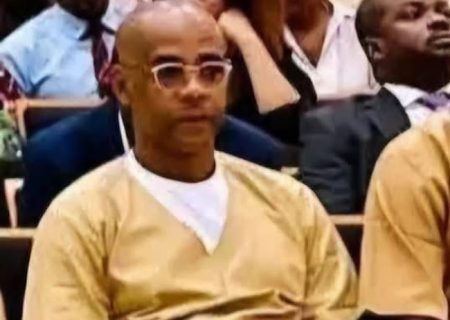Sule Lamido, a former governor of Jigawa State and a prominent figure within the Peoples Democratic Party (PDP), has declared his readiness to collaborate with any democratic movement aimed at unseating President Bola Tinubu in the 2027 general elections. Lamido’s statement underscores a growing sentiment among opposition figures to coalesce against the ruling All Progressives Congress (APC), even as he remains committed to his own party, the PDP. While acknowledging the emerging coalition under the African Democratic Congress (ADC) and the leadership of Senator David Mark, Lamido emphasized his unwavering loyalty to the PDP, a party he was instrumental in building. He framed his decision as a fight for the party’s survival, contrasting his approach with those who have chosen to leave the PDP.
Lamido’s commitment to the PDP, despite acknowledging its current challenges, highlights the complex political landscape in Nigeria. He views his continued presence within the party as a form of sacrifice, analogous to Senator Mark’s decision to depart and lead the ADC. Both actions, albeit divergent, are driven by a shared desire for a more unified and prosperous Nigeria, a goal that transcends party affiliations. Lamido’s perspective underscores the diverse approaches within the opposition movement, where individuals are navigating personal convictions and strategic considerations in their quest for political change. The concept of sacrifice, as articulated by Lamido, adds a layer of moral dimension to the political maneuvering, suggesting a deep-seated commitment to national interests over personal political gain.
The former governor’s stance also reveals the internal struggles within the PDP. He directly accused Nyesom Wike, the Minister of the FCT, and his allies of actively working to undermine the party. Lamido alleges that Wike’s faction is collaborating with President Tinubu and the APC, potentially seeking to benefit from the PDP’s downfall. This accusation paints a picture of internal strife and potential sabotage within the opposition ranks, adding another layer of complexity to the political dynamics. Lamido’s critique of Wike and his associates suggests a deep mistrust and suspicion within the PDP, portraying the party as vulnerable to both external pressures and internal divisions.
Lamido’s willingness to cooperate with other opposition forces, while remaining steadfast in his commitment to the PDP, represents a nuanced approach to opposition politics. He appears to be advocating for a broad-based movement against the ruling APC, even while acknowledging the limitations and internal challenges within his own party. This strategy could potentially create a wider platform for challenging the APC in the next general elections, while also preserving the PDP as a viable political force. Lamido’s position suggests a recognition that a fragmented opposition would likely be ineffective against the incumbent party, highlighting the strategic importance of building bridges across party lines.
The backdrop of Lamido’s statements is a post-election political landscape marked by uncertainty and re-alignment. The emergence of the ADC, led by a former PDP stalwart, signals a potential shift in the opposition’s strategy, moving towards a more unified front. However, the internal divisions within the PDP, as highlighted by Lamido’s accusations against Wike, pose a significant challenge to this aspiration for unity. The opposition parties face the complex task of balancing the need for collaboration with the preservation of their individual identities and strategic objectives. This dynamic creates a delicate balancing act, requiring careful negotiation and compromise to forge a truly effective opposition coalition.
In this context, Lamido’s pronouncements become particularly significant. They articulate a vision for opposition politics that is both collaborative and principled. He emphasizes the need for a united front against the ruling party, while also upholding his commitment to his own party’s survival. This approach reflects the complexities of Nigerian politics, where personal loyalties, party affiliations, and national interests intertwine to shape the political landscape. The coming years will reveal whether Lamido’s vision of a unified yet internally diverse opposition movement can materialize and effectively challenge the APC’s hold on power. The success or failure of this endeavor will significantly impact the future trajectory of Nigerian politics.




